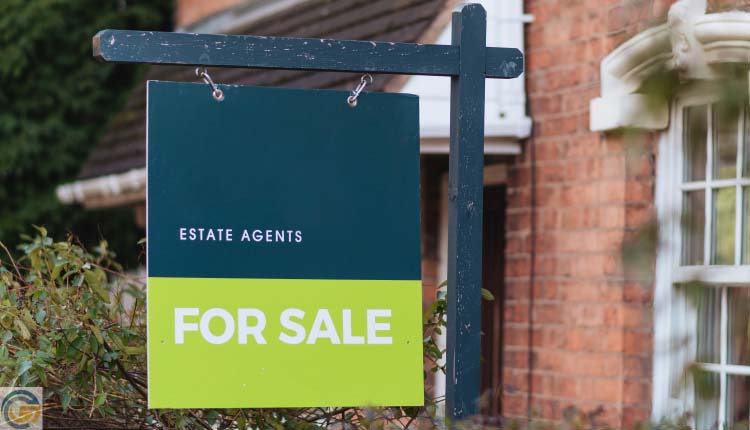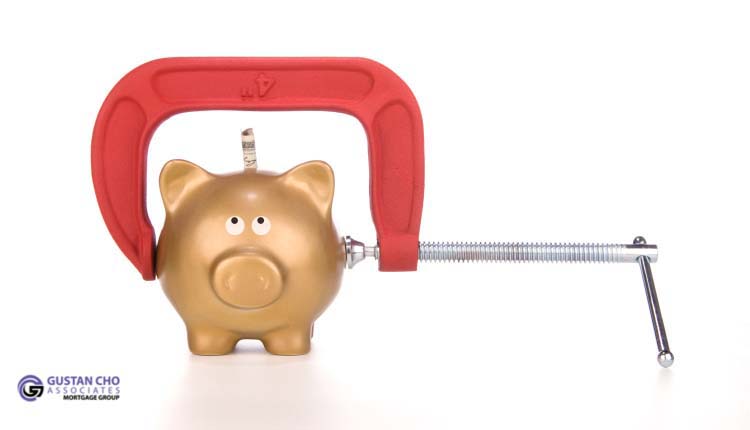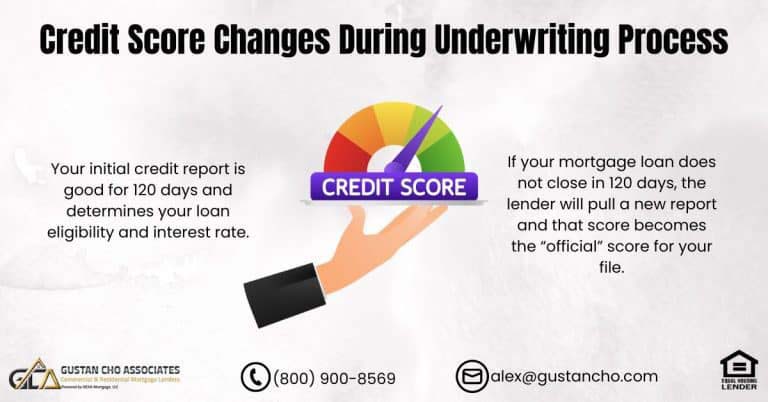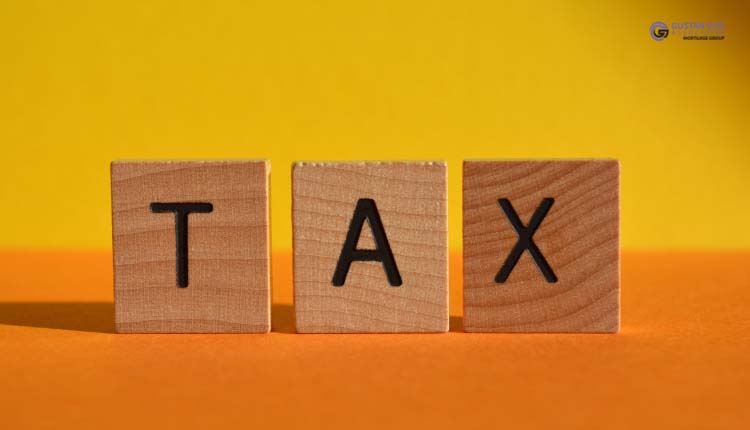This guide covers buying a home in Chicago. Chicago is one of the most beautiful cities in the nation. Downtown Chicago is hands down the most beautiful downtown in the nation, if not the world. Like many other major cities, Chicago has its share of problems, such as education, traffic, political unrest, crime, high sales and state income taxes, high property taxes, higher cost of living than the national average, and harsh long winters. Danny Vesokie, President of Diversified Affiliated Partners and a lifelong resident of Chicago, says the following about buying a home in Chicago:
The positives and benefits of city living and buying a home in Chicago outweigh the negatives. Chicago has countless business opportunities. Anyone can find a great-paying job or career opportunity in Chicago. The Windy City is home of world-renowned colleges and universities: Northwestern University, Illinois Institute of Technology, University of Illinois-Chicago, University of Chicago, and Lake Forest College.
There is no other city in the nation than Chicago, where many people from other countries migrate. The food scene in the Windy City is AMAZING. People from every country in the world have a presence in Chicago. In the following paragraphs, we will provide a step-by-step guide for buying a home in Chicago. We will frequently ask questions about buying a home in Chicago and how to get it financed. See if you qualify to buy a home in five minutes.
First Step To Buying a Home in Chicago: Get Pre-Approved
The first step is to apply for mortgage pre-approval unless you can pay cash for your home. Unlike a pre-qualification, a pre-approval proves you can close on a home purchase if the property meets the lender’s guidelines. A preapproved offer is almost as good as a cash offer. Most sellers want you to submit a pre-approval letter or proof of funds (if paying cash) before they accept your offer. And many sellers, especially in areas where COVID is still a concern, won’t allow you to view the home without proof that you’re serious and capable of closing.
Pre-Qualification vs. Mortgage Pre-Approval
Many consumers use the terms prequalification and preapproval interchangeably. When buying a home in Chicago, the first step is to get a solid pre-approval. They are not the same thing at all. A prequalification letter usually states that according to information provided by the buyer, this person should be able to afford a mortgage up to X amount. The statements from the borrower have not been verified, and usually, no credit reports have been pulled. Most lending and real estate professionals don’t take a prequalification letter seriously. It’s better than nothing, but not much. I strongly advise buyers to get preapproved before shopping. If you find a home you fall in love with and later discover you can’t get the loan, you will have wasted your time and be disappointed. Related: Are You Ready for Homeownership?
Chicago and Surrounding Suburbs
Julie shares insights into the current market, demystifies the best time of year to buy or sell a home, and gives some simple tips to increase curb appeal. Here are Julie Hayward’s opinions and thoughts on Frequently Ask questions on when is the best time to buy a home in Chicago. The real estate professionals at Edge Realty, LLC, are experts in the Chicagoland Area, including the suburbs of Chicago and its six counties.
- Cook County
- Lake County
- Will County
- Du Page County
- Mc Henry County
- Kane County
Julie’s extensive experience in real estate makes her one of the top-producing real estate agents in Illinois. Julie Hayward believes that knowledge is key to being a top sales professional. The article when Is the best time to buy and sell a home in Chicago was written by Julie Hayward due to popular demand by our borrowers. Julie is a consultant to loan officers at Gustan Cho Associates. Buy A Home in Chicago, Contact Us
Hiring an Experienced Real Estate Agent in Chicago
Hiring an experienced real estate agent in Chicago is crucial for purchasing and listing transactions. Here is some of the expertise Julie Hayward has. Julie Hayward has over ten years of experience as a full-time realtor. Julie Hayward has extensive legal experience in all areas of real estate law due to working with her prominent Chicago attorney.
Chad Hayward. Chad Hayward, owner and managing partner of the Law Offices of Chad Hayward. Hayward Law Firm has dozens of locations throughout Chicago, Cook County, Lake County, Will County, McHenry County, Du Page County, and Kane County.
Hayward Law Offices is a full-service law firm emphasizing real estate law and bankruptcy law. Due to being Chad Hayward’s business partner at Chad’s law firm, Julie has extensive experience in bankruptcies, foreclosures, deed-in-lieu of foreclosures, and short sales. Due to her countless years of experience in representing home buyers with prior bankruptcies and foreclosures
What Do I Do Once I Find a House?
You’ll make an offer once you find a home you like and can afford. If you have a buyer’s agent, this person will help you. However, you’re the one who will be paying for the house, so offer what you want to pay and don’t exceed your comfort zone. And remember that agents’ commissions are based on the property’s sales price. If you’re serious about buying, you want a strong offer. There are ways to create a strong offer that does not involve paying more than you can afford. Attach an earnest money check to your offer. Experienced property investors do this because the check proves they’re serious, suggest Ronda Butts, a dually licensed realtor and loan officer:
Don’t submit a “low-ball” offer if you want the property. Some sellers find them insulting, and they may not even counter your offer. Limit contingencies. It’s not a strong offer if your current home must sell before you can close, and it’s been on the market for a year.
You can avoid a troubling financing contingency if you are preapproved. Most sellers want a fast closing. Be flexible and offer to close on their schedule if you’re highly motivated. Don’t require too many seller concessions. n a buyer’s market, you may get them to pay your closing costs, cover a mortgage insurance policy, or throw in a home warranty or snow blower. But asking for too much can backfire in a seller’s market. Other experts recommend checking out the seller’s social media and seeing if you have anything in common and can make a connection. Sometimes, a warm letter with your offer can give you an advantage.
What Price Do I Offer?
Buying a home in Chicago can be challenging in some neighborhoods because of low inventory. The asking price is a starting point but should not entirely guide your offer. Some sellers price low, hoping to start a bidding war. Others price high, hoping for a magic idiot with a fist full of cash. Your agent should be able to prepare a comparative market analysis (CMA) of the property and nearby sales. Use this to justify any offer you make. Ensure you are comfortable with the estimated monthly mortgage payments, similar recent home sales, and the home’s suitability for your needs.
Can I Mae Two Offers at Once, Buying a House in Chicago
The short answer is no. Do not submit two simultaneous offers unless you can buy two properties. When you submit an offer, you give the seller a response deadline. You must wait to make another offer elsewhere because if this seller accepts your offer without any changes, you must complete the purchase. Julie Hayward, a top-producing real estate agent from Naperville, Illinois, advises the following:
You must buy both properties if you make two offers at once, and both are accepted without a counteroffer. If you can’t do that, one seller will probably sue you. Potentially costing you thousands of dollars in legal fees, damages, and penalties. So, choose the property you like best and that most closely fits your requirements.
If that seller doesn’t accept your offer as written, you can continue negotiating for that property or make another offer. Don’t worry about FOMO when buying a home in Chicago. If one doesn’t work out, another will always work for you. I’ve had this happen to several buyers, and the second property ultimately becomes their favorite! Sometimes life works in mysterious ways. See today’s mortgage rates.
Making an Offer When You Have to Sell a Home First and Buying a Home in Chicago

Sellers who are also buyers need to familiarize themselves with the current market. Should they find a home they like, they should put an offer on it before it goes under contract with someone else — and therefore, they should prepare to list their home on very short notice. When you buy and sell simultaneously or separately, there are different risks and stress. Sell your current home first removes the stress of trying to sell with a deadline. But then you’ll be trying to buy on a deadline.
You might not find something you like or close soon enough. And then you’ll have to move twice. If you decide to buy first and then cannot sell a current home, you may lose your first choice and find yourself house-hunting again. Whatever you decide, take a look at the market first, gauge the supply and demand situation and make your decision. In a hot seller’s market, you may want to buy first. In a slower buyer’s market, it probably makes sense to sell first. And line up a rental just in case.
How Does Low Housing Inventory Affect Best Time To Buy and Sell a Home in Chicago
Supply is also very low throughout Chicago and its surrounding suburbs. This low supply results from a couple of factors. First, there is a lack of new construction. Second, some would-be sellers don’t have enough equity in their homes. Home sellers are delaying putting their homes on the market. Or are you deciding to stay put?
Instead of moving, many homeowners are remodeling because it’s a less expensive option for them.
There is good news, too. Millennials are getting ready to become first-time homeowners, unemployment numbers are down, and lenders are expected to ease some credit standards for GSE-eligible and government loans. We are also starting to see a rise in new construction. All of these factors combined will help the market grow.
When Is The Best Time To Buy For Chicago First-Time Homebuyers?
When Is The Best Time To Buy And Sell A Home In Chicago? Julie answers this question on when is the best time to buy. That depends. While most people think spring is the best time to buy, it is actually the busiest time. More houses come on the market in spring, and buyers ramp up around mid-May.
Inventory peaks in July. But, because of the cycle and the number of buyers on the market, prices are higher in the spring.
So you may have more selection during the spring season but may pay more. If you have a timing issue, such as moving during the summer so kids can start a new school in the fall, spring may be the best time for you. This is because you can move and settle your family before school starts.
When Is The Best Time To Sell?
When is the best time to buy and sell a home in Chicago? Julie answers this question on when is the best time to sell. We just finished talking through the timing for buyers. The situation is the reverse for sellers. Inventory is higher in the spring in the Midwest. But so is the demand since there are more buyers.
More buyers are in spring and summer because it’s the most convenient time to move.
It seems counter-intuitive since higher demand and higher inventory equals lower prices in other markets but not in the housing market. Housing prices are highest in the high season when the greatest numbers are listed, and more buyers are on the market. It’s like shopping for decorations during the holidays: prices are higher, but more people are also buying. Fewer people buy decorations after the holidays. If you do, you get a great deal. Sell Your Home in Chicago With Best Price, Try Us
Negotiating Your Offer
When you submit an offer, the seller can do one of three things.
- Reject your offer or ignore it, which is the same as rejecting it.
- Accept your offer with no changes, obligating you to proceed with the purchase.
- Counter your offer, which means you can walk away, accept the counter, or counter with your conditions.
This process can go back and forth. But if it’s a hot seller’s market, you’ll not wish to provide too many opportunities for the seller to walk away. When buying a home in Chicago, there is usually an attorney review period after signing the contract. Five business days are typical. You, the buyer, would have five days to conduct a home inspection. After the inspection report returns, the buyer, agent, and attorney work together to arrange for repairs or credits for repairs. The contract may become null and void if the buyer and seller cannot agree.
Can I Change My Mind and Back Out of a Purchase?
Changing your mind’s not against the law, but you’ll probably have to compensate the seller. The penalties may be very steep, depending on the contract terms. If you cannot proceed because of unmet contingencies — if your mortgage approval falls through because you lose your job, for instance, or your home doesn’t sell — you can back out without penalty. That’s assuming that your earnest money deposit is refundable (it would be unless you specify that it’s not refundable, which could happen if you have to compete with other buyers). If you just back out because you changed your mind, you will almost certainly lose your earnest money and possibly incur other penalties. That will depend on your contract and how much damage you cause your seller by backing out.
The Home Appraisal
After the inspection, if you are financing, your lender will order an appraisal. Even if you’re paying cash, you should order one to protect yourself and ensure the property value matches the sales price. Once the appraiser submits the appraisal, the lender reviews it and (hopefully) approves the value. John Strange of Gustan Cho Associates explains the difference between a home inspection versus a home appraisal:
A home appraisal is mandatory and required by the lender. An appraiser will not inspect every part of the house. That is the home inspectors job. A home inspection is not mandatory by the lender but is highly recommended to get a home inspection.
If the appraisal exceeds the sales price, the lender bases your loan amount on the sales price. If the value of the appraisal comes back lower than the loan amount, the lender bases the loan amount on the lower appraised value, not the sales price. You can renegotiate the sales price based on being unable to finance the home at that value or choose to proceed with a higher down payment. That’s why you need to negotiate carefully. Without an appraisal or financing contingency, you could get stuck overpaying for a property not appraised for the sales price. Preparing to Buy a Home: How Much Can You Afford?
Final Walk-Through
Before closing, purchase homeowners insurance (your lender requires it), transfer utilities, forward mail, and arrange movers. You should conduct a final walkthrough with your agent before or on the day of closing. The purpose is to ensure the property is in the same condition as when you first made the offer. Here is a brief checklist of things you should look for and do:
- Ensure all windows and doors (including the garage) open and close.
- Look up (ceiling) and down (flooring).
- Look for any cracks, scratches, and other potential issues.
- Turn on all faucets and flush toilets.
- Turn on appliances if possible (electricity may not be turned on yet).
- Take any measurements for refrigerator, furniture, window treatments, TV, etc.
Schedule utilities to be turned on for a day of closing or move-in.
Closing
Ideally, you’ll get a copy of your closing documents a few days before you can review them without pressure. Ask your mortgage lender to provide them for you. There should be no surprises when you get to the title company. Closing occurs when you sign off on a final set of documents. That normally includes a final loan application. You’ll get a package of documents transferring the property to you and the money to the seller, real estate agents, and other third parties working on the transaction. The closing usually takes place at a title company’s office. It usually takes an hour or two. You’ll sign your documents, receive a copy of your paperwork and pay your down payment and closing costs. Then you get the keys! Prequalify now to buy a home.
What are Some Easy and Inexpensive Ways To Get Your Home Ready To Sell?
A clean home makes for great photos and strong buyer appeal. Here are some tips Realtor Julie Hayward suggests starting by cleaning and decluttering the space—clear countertops and dressers. Remove furniture from rooms to make them appear more spacious. Clean your windows to let in more light, and replace light bulbs. Also, depersonalize and limit picture frames to one or two.
The potential buyer has to be able to envision living in the space, which is hard to do if your wall is covered in family photos.
He or she will feel like more of an intruder rather than getting excited about the space. Flowers add an elegant touch. Fresh flowers on the kitchen countertop or a side table will make the room smell good. You might consider planting flowers outside and cutting the lawn on an angle to add charm and curb appeal. If buyers love the outside, they will want to see the inside. Yellow also sells, so if you can, add a pop of color with yellow flowers!
When Is The Best Time To Buy and Sell a Home in Chicago and Should I Use a Realtor?
When Is the best time to buy and sell a home, and should I use a real estate agent? Simply put, we can get greater value for a home and simplify the selling process, from marketing through showings to closing. According to a study by the National Association of Realtors, sellers who used an agent sold for 28% more than those who didn’t. Part of the reason is those homes were appropriately priced, nicely staged, and marketed well. We agents are trained in those areas.
Since we practice those activities daily, we are more skilled than the average homeowner who may only sell a few homes during their lifetime.
We also provide clients with the most current market information, which allows us to get the highest value per square foot and make a strong offer. Since we have relationships with other agents and lenders, we have better access to homes and more in-depth knowledge of the best financing programs than most homeowners. Lastly, we work for you. We simplify the process by coordinating all showings, knowing which documents are needed, preparing them for you, and using proven, effective negotiating strategies. We can get you the best deal on an existing or new home and save you time and money in the long run.









